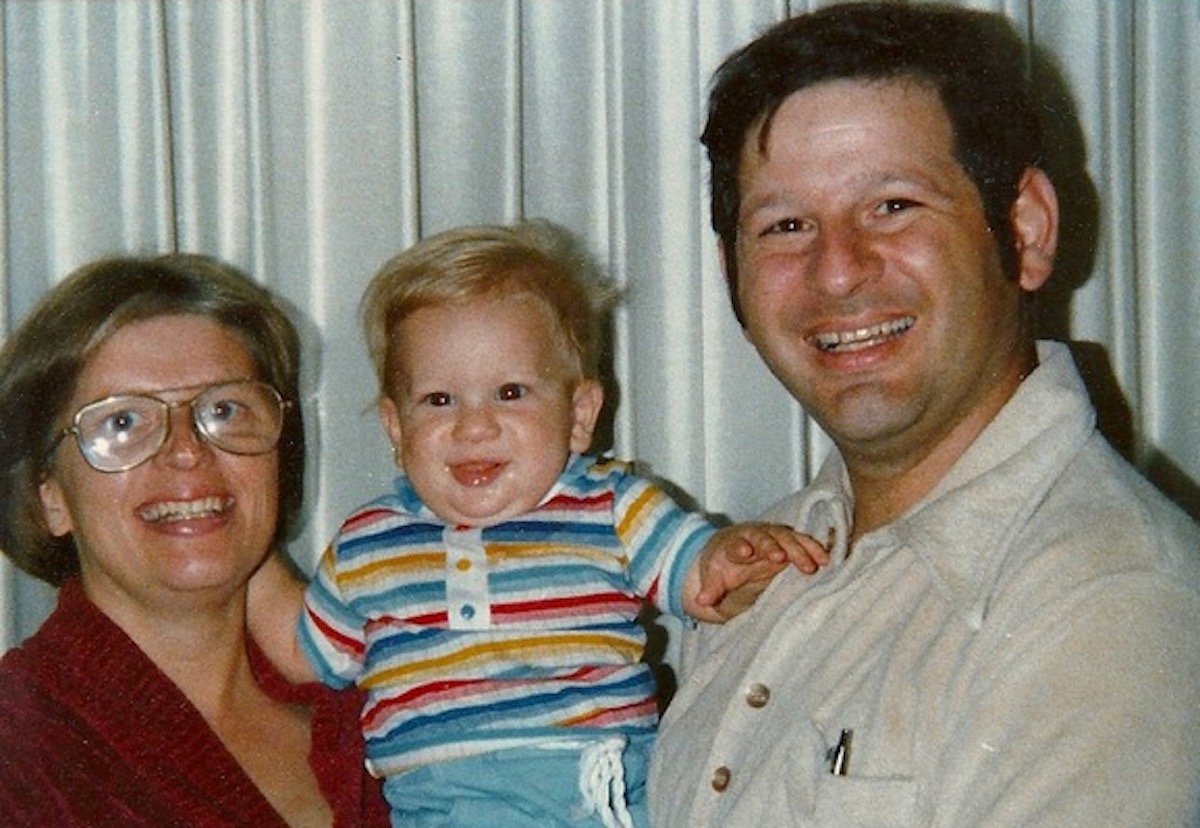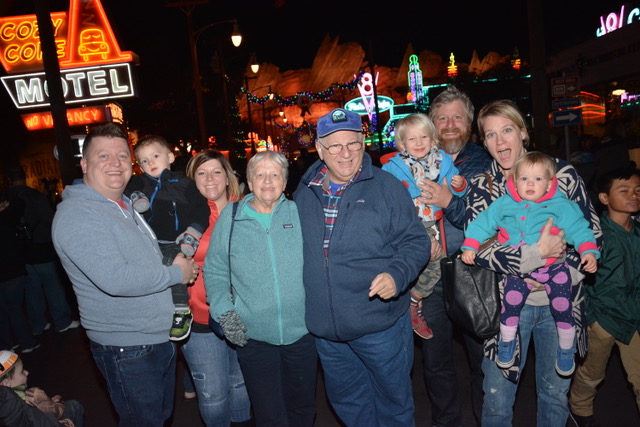‘CODA’ Connects with Municipal Winemaker Founder Dave Potter
How the Oscar-Winning Film About Deaf Parents Resonates for Santa Barbara Vintner

All slaps aside, inclusivity scored a big win on Oscar night when CODA — a relatively low-budget, straight-to-streaming film about a hearing daughter of deaf parents who wants to sing — won the Academy Award for best picture. The title is an acronym for “children of deaf adults,” which Santa Barbara resident Millie Brother coined in 1983 when she was a grad student at Gallaudet University in Washington, D.C.
Dave Potter, the vintner behind Municipal Winemakers and Potek Winery, is also a CODA, having grown up with deaf parents in Rancho Cucamonga before coming to UCSB and launching his career in wine. He tells us more about his experience and his family’s reaction to the film below.
What was it like growing up with deaf parents?
You don’t know what you don’t know. I grew up with deaf parents, and that’s the life I know and the life I have. It’s hard to compare to the other life I would have had with hearing parents. I can tell you that my folks are super loving and have always done their best.
On the other hand, there are obvious differences that I can compare to growing up with other friends. I suppose there are some similarities with growing up as a kid with immigrant parents, but there are some differences too: Ninety percent of deaf people are born into hearing families, so there aren’t predominantly deaf neighborhoods, and deaf Americans can’t trace their ancestors to a “Deaf Country.”
The thing that’s had the greatest impact on me is being a kind of interpreter for my parents, even at a young age, which I think got me to grow up a little bit faster and gave me more independence.

Have you seen the film?
I did see the film, and there were certainly feelings that I could connect with — specifically the dynamic of being a go-between for my folks and the hearing world around them. This came more internally for me than what the film portrays, which is a more direct obligation from the family to the hearing daughter. I never felt them pressure me or really overtly ask me for help, but I have always felt a need to help out.
My parents have always been super supportive of whatever I’m into — even playing music, which they obviously could not appreciate or understand.
Are there any lessons from your upbringing that play into your career?
In being a bridge between our folks and the hearing world — like helping my mom order food at McDonald’s, or checkout at the grocery store — there are a certain amount of tasks that hearing children of deaf parents take on because sometimes it feels easier to just handle things directly than to mediate conversations. I think this plays out in developing adaptiveness and resourcefulness, independence, and patience.
Sign up to get Matt Kettmann’s Full Belly Files, which serves up multiple courses of food & drink coverage every Friday, going off-menu from our regularly published content to deliver tasty nuggets of restaurant, recipe, and refreshment wisdom to your inbox
How about as a husband and dad?
Well, if I’m being totally honest, I think there are some communication skill gaps that I picked up along the way. But mostly, it’s instilled a bit more empathy and sensitivity in me, and lots of patience.
What do your parents think of your career path?
I did not grow up in a food and wine house. We drank Coca-Cola and ate Hamburger Helper. My folks were a bit surprised that I ended up with a career in wine — hell, I’m surprised too. However, my father, grandfather, and great-grandfather were all small business owners, so there is a real pride and identification with the small business and entrepreneurship part of my career than with the wine part of it.
What did they think of the film?
My folks really loved it. More than anything, they felt seen by it. It’s pretty incredible to have such a bright light shined on deafness, and deaf families, which is a fairly underground subculture that does not have the benefit of family lineage. It’s a culture that’s more geographically fragmented, and it can be hard — especially in my parents’ day, before the internet — to connect with other people in the same community. Both of my parents really did not become a part of the deaf world until college, where they were in a concentrated group of deaf peers.
My parents saw the film before I did and really encouraged me to watch it with my kids too. We did, although there were definitely a few scenes that were a bit inappropriate for a kindergartner and 3rd-grader!
See municipalwinemakers.com. Check out the previous episode of our podcast, The Indy, where host Molly McAnany interviewed CODA actors Troy Kotsur and Emilia Jones as well as screenwriter Sian Heder.
Support the Santa Barbara Independent through a long-term or a single contribution.




You must be logged in to post a comment.